 Yesterday the Research Blog featured a post on open science, what it entails and how it is different to open access. In a recent interview conducted by OpenAire, open science veteran Ulrich Herb shares the main findings of his research on the extent of open research practices in the discipline of sociology, as well as his wider thoughts on the history and future of the Open Science movement. This interview originally appeared on the OpenAIRE portal here.
Yesterday the Research Blog featured a post on open science, what it entails and how it is different to open access. In a recent interview conducted by OpenAire, open science veteran Ulrich Herb shares the main findings of his research on the extent of open research practices in the discipline of sociology, as well as his wider thoughts on the history and future of the Open Science movement. This interview originally appeared on the OpenAIRE portal here.
 What do you understand by the term “Open Science”? Is it a cohesive phenomenon?
What do you understand by the term “Open Science”? Is it a cohesive phenomenon?
Open Science, as I understand it, is the area of Open Knowledge that deals with scientific information. Open Knowledge, in turn, is knowledge that can be used, edited and distributed according to Open Source principles. The ideal of Open Science is to make all objects involved in the research cycle openly accessible in this sense.
Open Science, as generally understood, is mainly about the objects or items of scientific work, such as text, data and software, but also includes “Open Review” (of text, data and possibly code), as well as “Open Metrics” as scientific para-information. Review and metrics are crucial since they often don’t merely report on the impact of science but can actively steer it as scientists often strongly orient their actions towards such evaluative criteria. In Open Review and Open Metrics the focus is less on OA to research products per se, but on transparency in the evaluation and assessment of scientific work. However, ideally reviews and the raw data that underlies metrics should also be made openly accessible.
 You studied the state of play of Open Science in Sociology. What were your main findings?
You studied the state of play of Open Science in Sociology. What were your main findings?
OA to journal articles is well established in Sociology. This is especially true for the German-speaking world, where it is strongly promoted by journals that often allow the published versions of articles to be made available in Green OA at the end of an embargo period or even make them Open Access themselves. In addition, Closed Access journals usually have liberal OA policies as regards Green OA. Gold OA journals in Sociology very rarely charge APCs; where they do so, charges are low. On the other hand, OA to book publications is very weak in Sociology. I attribute this to a lack of professional brand building among OA book publishers. OA books will likely become more standard as established publishers develop OA options or a disciplinarily-accepted publisher develops organically from the sociological community.
OA to research data and research software is almost non-existent in Sociology, in both the German-speaking countries and the rest of the world. There is a dearth of disciplinary training, as well as a lack of positioning by the community, for example occurs through the issuing of statements as commonly occurs in other subjects.
However, incentives to move towards data-sharing that exist in other disciplines are unlikely to be effective in Sociology. Data citations are not widespread in Sociology, probably as a result, firstly, of less emphasis in general on citations as a measure of impact than in STM subjects, and secondly because domains like theoretical Sociology do not produce data at all. Sociologists, more than natural scientists, seem still to consider data to be intellectual property and fear loss of control and misuse in regards to making data OA. Finally, Open Review and Open Metrics are very rare in Sociology.
What results where most surprising for you?
I was positively surprised by the prevalence of OA to literature in Sociology. However, I was disappointed to find such limited use of Open Review. Peer review is thought more problematic in Sociology than in STM subjects. This can be attributed to a few factors. To give just one example, Sociology is less concerned with what Schimank und Volkmann term “puzzle-solving”, so much as with discussion of fundamental principles. In addition, Sociology sometimes deals with ideologically charged issues that imply deep ethical/moral disputes. But since its review practice is problematic, Sociology could especially benefit from the transparency of the Open Review, because this allows checks to be placed on the objectivity of assessment.
The rarity of OA to data and software was surprising in a negative sense as well. Social science data is especially well-suited for secondary analysis. Open Data also has an ethical dimension: for example, the re-use of qualitative data derived from surveys with victims of abuse, would free such people from multiple requests for information regarding these events. And considering Sociology’s widespread use of the open-source statistics framework R, including its open repository infrastructure, mean that the scarcity of OA to research software in Sociology is disappointing. In sum, Sociology could benefit greatly from all the areas of Open Science, yet has yet to take up this potential.
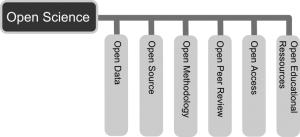 How does Sociology most differ from other fields as regards the uptake of Open Science?
How does Sociology most differ from other fields as regards the uptake of Open Science?
Besides the prevalence of OA to literature, the most striking difference is the level of hesitancy to Open Science that exists among sociologists, despite the potential benefits I just described and the good infrastructural conditions, for example, provided for Germany by GESIS or the R-environments. I think this can, however, be partly explained by the inherent characteristics of the discipline. There are, for example, important sub-disciplines like theoretical sociology which deal with scientific reflection upon the discipline itself and hence do not produce any data or software itself. Another particularity is the privacy issue: Sociology frequently uses very sensitive data whose non-anonymized disclosure is of course impossible, but which are worthless in an anonymized form.
Where do you see Science Open in five years? What are the main challenges to come?
Fueled by increasingly stringent funder policies and mandates, OA to sscientific objects like text, data and software will continue to increase. This will also be true for books, albeit to a lesser extent than for journal articles. As for Open Review, I am more skeptical. Although I myself like the idea, I don’t think open peer review will establish itself in Sociology. In metrics, I would like to see a proliferation of metrics whose data and parameters are openly visible and re-usable and can be read via open APIs. However, I rather suspect that commercial actors such as Elsevier and Thomson Scientific for citation or MacMillan as a provider of Altmetric or Ebsco as a provider of PLUM will prevail. It is to be assumed that those providers won’t open up their data. I hope that Sociology takes up Open Science to most fully realize its potential, albeit with the caveat that Open Science must be adapted to the aforementioned disciplinary specificities.
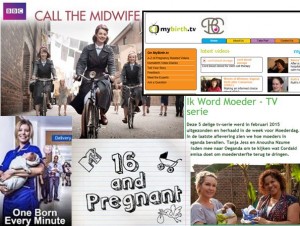 Our latest paper in the international journal BMC Pregnancy & Childbirth published late last month was highlighted yesterday in a BMC Series Blog.[1] The blog post reminds us that the media plays an important role in providing the general public with information about a range of issues, including pregnancy and childbirth. The visual media, such as television, can provide planned information (education), for example in documentaries, advertising and the news. Our paper “Is it realistic?” the portrayal of pregnancy and childbirth in the media’ looked into how the representation of childbirth in the mass media affects childbirth in society as there is evidence to suggest that it can have a negative effect. BMC Pregnancy & Childbirth is an Open Access journal therefore the paper is freely available for anybody across the globe with an internet connection, for access click here.
Our latest paper in the international journal BMC Pregnancy & Childbirth published late last month was highlighted yesterday in a BMC Series Blog.[1] The blog post reminds us that the media plays an important role in providing the general public with information about a range of issues, including pregnancy and childbirth. The visual media, such as television, can provide planned information (education), for example in documentaries, advertising and the news. Our paper “Is it realistic?” the portrayal of pregnancy and childbirth in the media’ looked into how the representation of childbirth in the mass media affects childbirth in society as there is evidence to suggest that it can have a negative effect. BMC Pregnancy & Childbirth is an Open Access journal therefore the paper is freely available for anybody across the globe with an internet connection, for access click here. Our paper is great example of interdisciplinary research, as celebrated at the forthcoming Interdisciplinary Research Sector Day on June 21st (see here). The authors of our paper combine expertise in media studies, midwifery, sociology and health services research. Moreover, it involved collaborations across universities (Bournemouth and Stirling) and within BU across faculties, namely the Faculty of Media & Communcation and the Faculty of Health & Social Sciences.
Our paper is great example of interdisciplinary research, as celebrated at the forthcoming Interdisciplinary Research Sector Day on June 21st (see here). The authors of our paper combine expertise in media studies, midwifery, sociology and health services research. Moreover, it involved collaborations across universities (Bournemouth and Stirling) and within BU across faculties, namely the Faculty of Media & Communcation and the Faculty of Health & Social Sciences.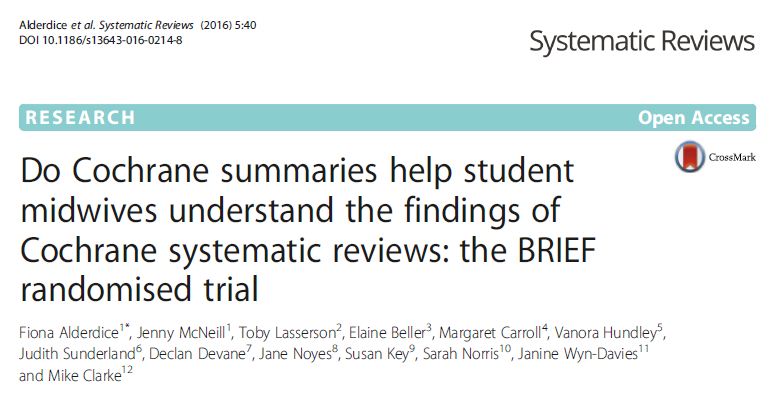 This first week of March has been a good week for FHSS publications. On March 1st CMMPH Prof. Vanora Hundley published her collaborative paper ‘Do Cochrane summaries help student midwives understand the findings of Cochrane systematic reviews: the BRIEF randomised trial’.[1] With colleagues based across the UK and Ireland she surveyed over 800 midwifery students at nine universities. This results of the study can be found in the journal
This first week of March has been a good week for FHSS publications. On March 1st CMMPH Prof. Vanora Hundley published her collaborative paper ‘Do Cochrane summaries help student midwives understand the findings of Cochrane systematic reviews: the BRIEF randomised trial’.[1] With colleagues based across the UK and Ireland she surveyed over 800 midwifery students at nine universities. This results of the study can be found in the journal 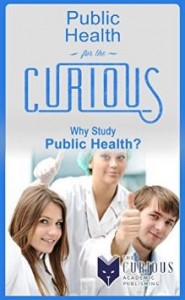 The second FHSS publication is a chapter in a Kindle book on the Importance of public health in low- and middle- income countries, written by Dr. Puspa Raj Pant,CMMPH’s Prof. Edwin van Teijlingen, and BU Visiting Faculty Prof. Padam Simkhada.[2] Padam Simkhada is Professor of International Public Health and Associate Dean (Global Engagement) for the Faculty of Education, Health and Community at Liverpool John Moores University. The chapter is part of the Kindle book with the long title: Public Health for the Curious: Why Study Public Health? (A Decision-Making Guide to College Major, Research & Scholarships, and Career Success for the College Students and Their Parents) edited by Richard Lee Skolnik from Yale University, USA.
The second FHSS publication is a chapter in a Kindle book on the Importance of public health in low- and middle- income countries, written by Dr. Puspa Raj Pant,CMMPH’s Prof. Edwin van Teijlingen, and BU Visiting Faculty Prof. Padam Simkhada.[2] Padam Simkhada is Professor of International Public Health and Associate Dean (Global Engagement) for the Faculty of Education, Health and Community at Liverpool John Moores University. The chapter is part of the Kindle book with the long title: Public Health for the Curious: Why Study Public Health? (A Decision-Making Guide to College Major, Research & Scholarships, and Career Success for the College Students and Their Parents) edited by Richard Lee Skolnik from Yale University, USA.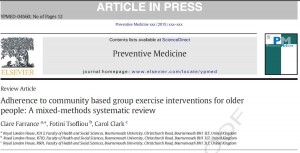
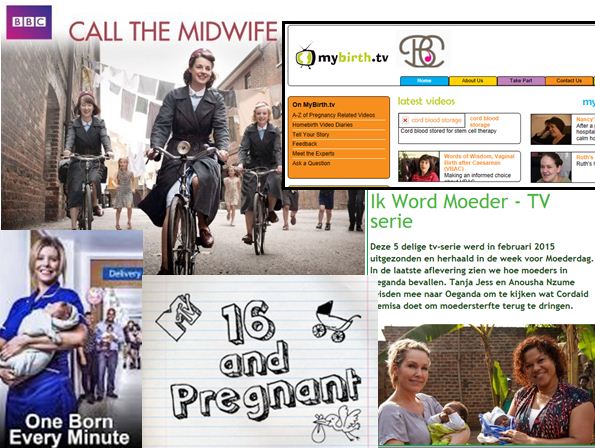
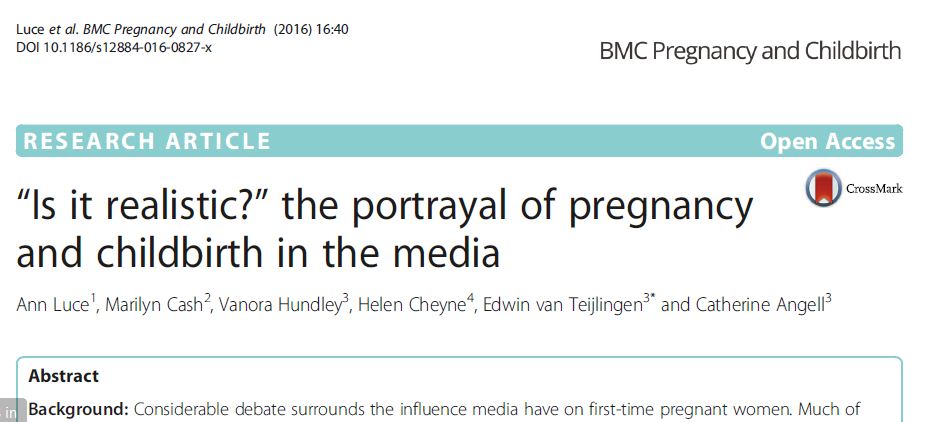

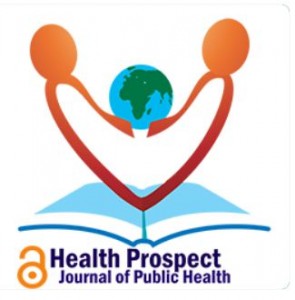

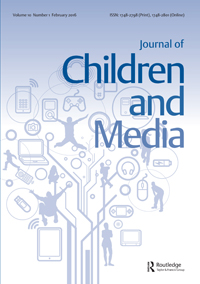





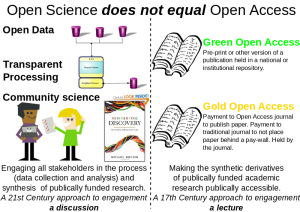
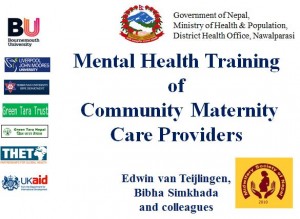
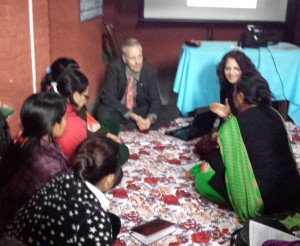

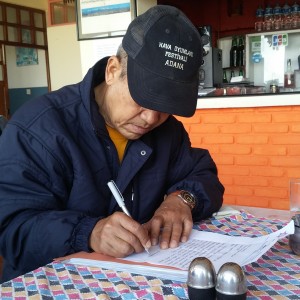
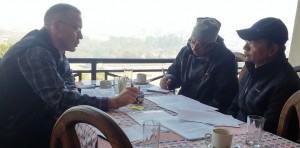
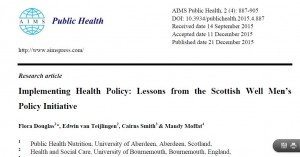


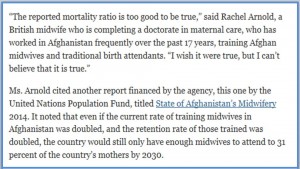
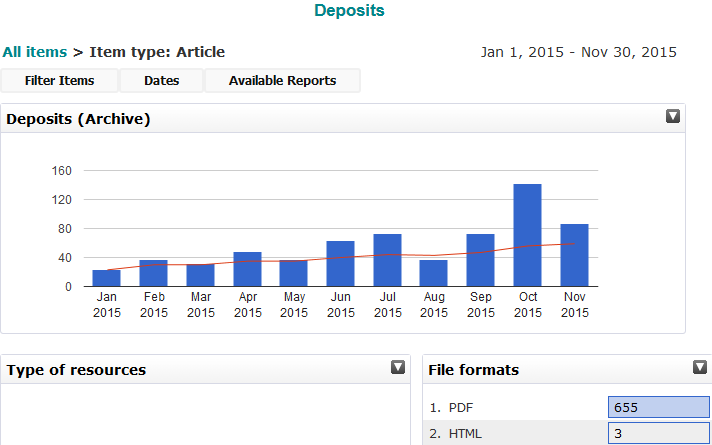
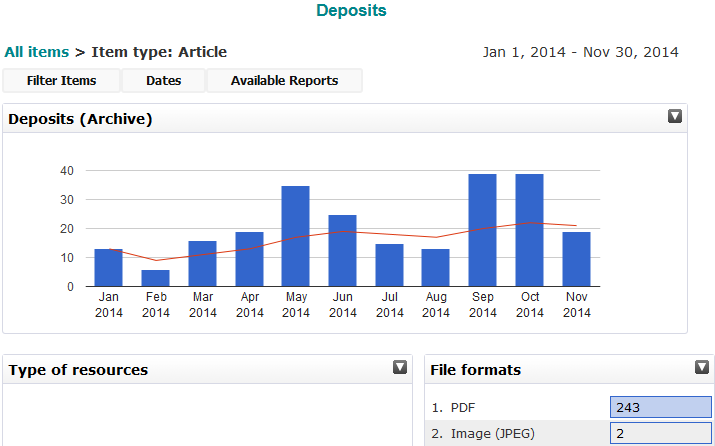
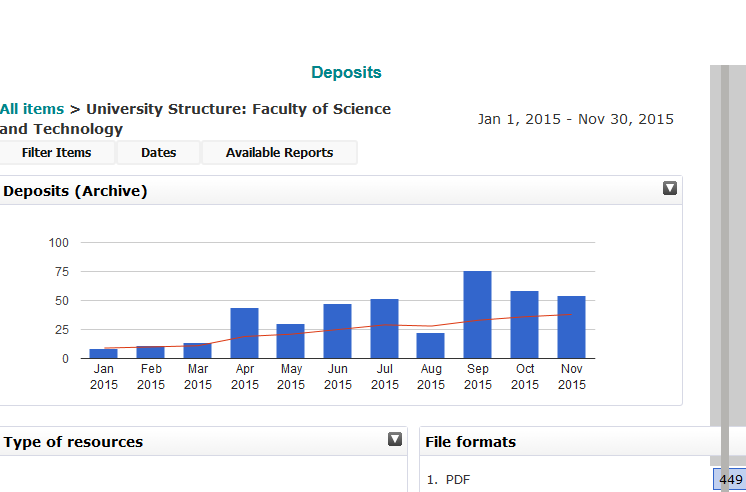
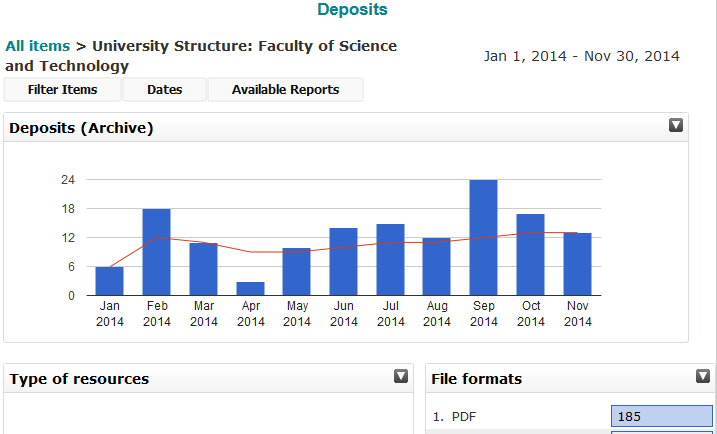
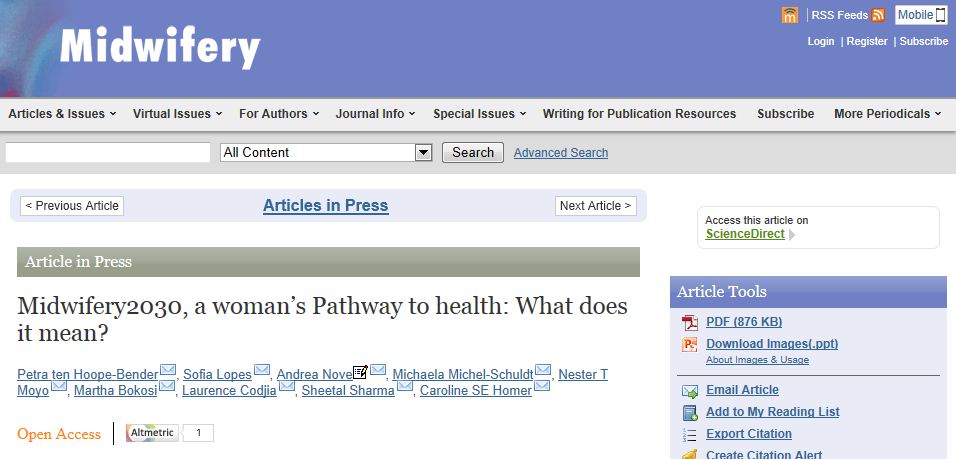
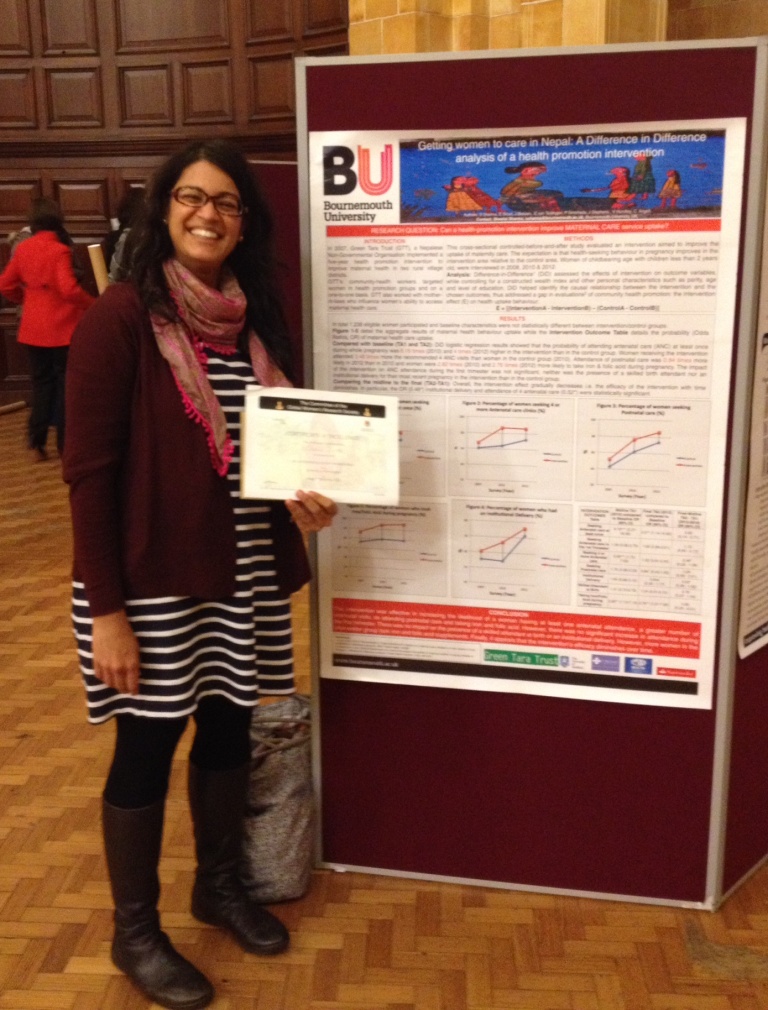











 Beyond Academia: Exploring Career Options for Early Career Researchers – Online Workshop
Beyond Academia: Exploring Career Options for Early Career Researchers – Online Workshop UKCGE Recognised Research Supervision Programme: Deadline Approaching
UKCGE Recognised Research Supervision Programme: Deadline Approaching SPROUT: From Sustainable Research to Sustainable Research Lives
SPROUT: From Sustainable Research to Sustainable Research Lives BRIAN upgrade and new look
BRIAN upgrade and new look Seeing the fruits of your labour in Bangladesh
Seeing the fruits of your labour in Bangladesh ECR Funding Open Call: Research Culture & Community Grant – Apply now
ECR Funding Open Call: Research Culture & Community Grant – Apply now ECR Funding Open Call: Research Culture & Community Grant – Application Deadline Friday 12 December
ECR Funding Open Call: Research Culture & Community Grant – Application Deadline Friday 12 December MSCA Postdoctoral Fellowships 2025 Call
MSCA Postdoctoral Fellowships 2025 Call ERC Advanced Grant 2025 Webinar
ERC Advanced Grant 2025 Webinar Update on UKRO services
Update on UKRO services European research project exploring use of ‘virtual twins’ to better manage metabolic associated fatty liver disease
European research project exploring use of ‘virtual twins’ to better manage metabolic associated fatty liver disease